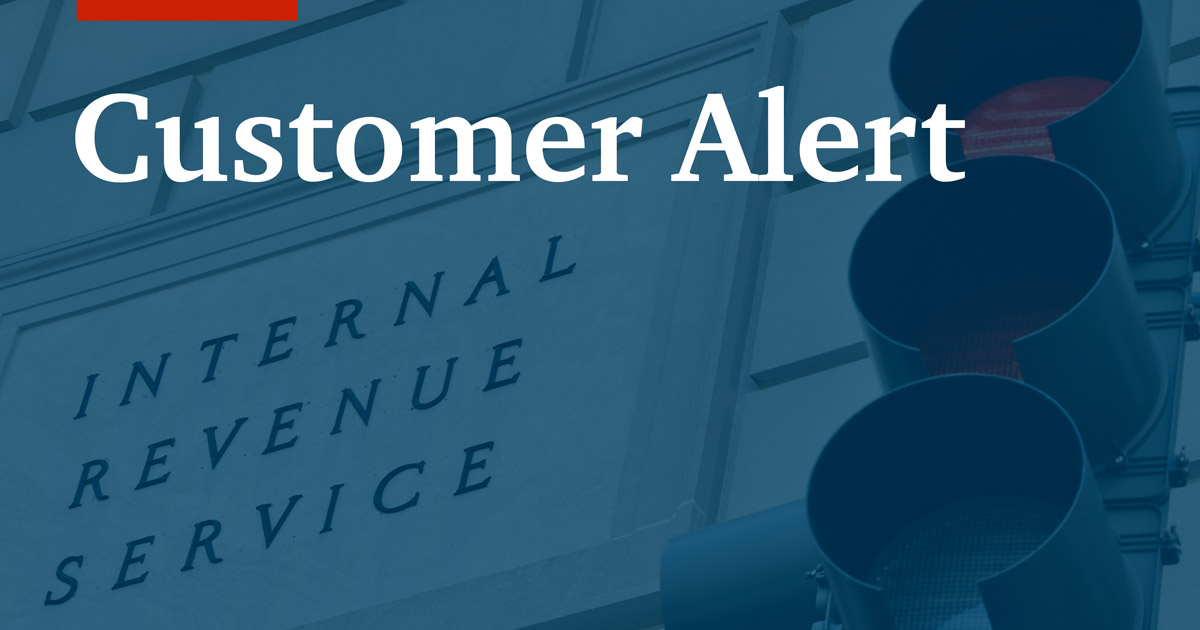
New IRS Bank Monitoring Plan: Separating Fact from Fiction
October 29, 2021
As your community bank, we want our customers to know the facts, especially when it relates to public policy that could expose your financial privacy.
Update (Oct. 29):
With bipartisan opposition growing for a controversial proposal that would require Banks to report information on a large number of customer accounts, lawmakers have reportedly omitted the provision from their current draft of the budget resolution.
The news comes after financial institutions across the country made their customers aware of the plan, which resulted in intense pushback from the public (and customers like Security National Bank's).
While the proposal has been dropped from the House bill, there is still a possibility that it could be added back at a later point in the legislative process. If you wish to learn more about this issue, or you’d like to share your opinion with Congress, visit banklocally.org/privacy for additional resources.
Original Article:
A new proposal in Washington would force banks to tell the IRS about any customer with more than $10,000 in an account.
Our interpretation is that this reporting would apply to both personal and business accounts, and would cover or all types of accounts — deposits, loans and investments alike. The plan would require banks to report to the IRS the transaction totals (inflows and outflows) on these accounts.
Some members of Congress are attempting to advance this proposal through a budget reconciliation package, which needs only a simple majority to pass.
We believe this indiscriminate bank account reporting to the IRS would create an unacceptable invasion of privacy for our customers and cause unnecessary harm to small businesses.
Once word got out about the original proposal, lawmakers attempted to quell the public backlash by narrowing its scope. For example, the plan originally proposed reporting on any account above $600, before that was promptly walked back and increased to the $10,000 threshold. The treasury also pledged to exempt certain types of transactions — like wages, salaries and Social Security deposits.
It is our belief that these revisions would only make the policy more difficult to implement, and do nothing to address the proposal’s privacy, due process, and data security concerns.
As community bankers and consumers have repeatedly told policymakers, the proposal would:
- Constitute a broad, unwarranted infringement on the privacy of all bank customers who aren't suspected of cheating on their taxes.
- Be intrusive and indiscriminate, since the IRS already collects enough information to watch for tax evaders.
- Undermine the goal of reducing the unbanked.
- Increase taxpayer complexity and confusion.
- Overwhelm the IRS with personal financial data, increasing risk of data breach.
- Harm small businesses, who risk double-counting their income, and seeing an increase to their tax burden and audits.
More and more members of Congress are becoming aware of the public sentiment opposing the proposal. Most recently, a group of 21 lawmakers wrote to House Speaker Nancy Pelosi and House Ways and Means Committee Chairman Richard Neal: “We respectfully request that this proposal be withdrawn from further consideration in favor of a more targeted approach.”
If you wish to learn more about this issue, or you’d like to share your opinion with Congress, visit banklocally.org/privacy for additional resources.